As someone who grew up on a farm, the opportunity to lead the agricultural, food and marine sectors is a lifetime’s honour”, says Charlie McConalogue, in his first major interview as Minister for Agriculture.
“I know it’s been a difficult couple of months politically around the change of ministers and the unfortunate circumstances around those changes.
“It’s tremendous to have had the grounding of being opposition spokesman for four years in terms of so many of the issues, of understanding of the sectors, and also the knowledge of the people. Working with Martin Heydon and Pippa Hackett, we can be a very good team,” he said.
Immediate issues
“We have a great story to tell in terms of being a world leader in the production of world-class food, with world-class companies and world-class producers. Our exports have been driven forward and added value through Food Harvest and Food Wise. I think there’s tremendous potential.
The big budget consideration will be preparing for Brexit
“Obviously, the challenge of Brexit in particular is one which threatens that. Minister Creed was very conscious of that and his work with the Department prepared for that. I would see that as the immediate priority.
“The big budget consideration will be preparing for Brexit, ensuring we have contingencies in place so the sector is supported to prepare for whatever may come.
“COVID-19 hasn’t affected agriculture as much as other sectors, but it has had an impact. We need to protect the workforce – that is an immediate challenge.”
CAP
McConalogue said that a balanced approach is needed on CAP.
“The flexibility and capacity to frame policy nationally is important but I think we have to use it wisely to ensure it works well for Irish farmers. The CAP does need to remain a cohesive policy – it’s important that it doesn’t diverge too much.
“There’s a new focus at European level on environmental outcomes, and there’s additional funding there. That’s going to inform the CAP programmes we put forward. It has to work for farmers – there needs to be a focus on farm incomes.
In terms of the CAP strategic plans, consultation with farmers will be extremely important. It will be crucial
“We have to make sure that it is as straightforward as possible while contributing to farmers’ livelihoods. We’re now in a transition period, and there seems to be a sense at European level that it may run for two years. In terms of the CAP strategic plans, consultation with farmers will be extremely important. It will be crucial.
“Obviously, with COVID-19 at the moment, the wider engagement (with all farmers) is more difficult. However, it can be done, it will be done and will be a key part of the process.”
Convergence
Convergence has been happening, and it’s going to continue, he told the Irish Farmers Journal.
“It’s clear at a European level that a minimum of 75% will be required under the next CAP programme, and we fully support that convergence process. The immediate priority will be in relation to the transitional period and what arrangements will be in place for that.
It does come down to farmers’ incomes
“It’s something I will be consulting widely on before taking a position on what the national approach will be; likewise, in relation to the following decision as to how far it will go in the five-year programme.
“It is something that farmers have strong views on. It does come down to farmers’ incomes. I will work with everyone very closely in terms of the consultation process.”
The Donegal man believes there has been more fracturing of farmer representation in recent years. “From my point of view as minister, it will be about engaging very fairly and openly on how we frame the next CAP, and trying to ensure it works and rewards all sectors as best as possible.
“Within my position as a political leader in the Department and in the industry and the sector, I’ll try to be an influence that brings people together.
“Naturally, there will be different tensions at times, but I’ll try to ensure that there is respect for the role everyone plays.”
“The programme for government outlined very clearly that revenue from the carbon tax is going to be directed towards an environmental scheme.
“That’s very important. It’s my objective to make sure that a good scheme is up and running, to help us meet our national climate change objectives.”
Incomes
One of the key commitments in the programme for government is the establishment of a national food ombudsman office in terms of trying to ensure there is transparency in the food chain.
In the beef sector and the tillage sector as well, prices have not been what they need to be
“It’s been the source of problems, tension and frustration. We want to ensure there is a fair deal there for the primary producer.
“While CAP has to achieve its objectives in terms of delivering high-quality food and good environmental outcomes we have to make sure that farmers are paid well for that.
“In the beef sector and the tillage sector as well, prices have not been what they need to be. That’s not something as minister that you can direct. It’s very much dictated by market forces. As an exporting country, we’re open from a trade point of view. As minister, the key thing is to ensure that what we produce continues to be top-quality and world-leading, and also from a marketing point of view we do everything we can to ensure we get paid for that quality product. Any measures we can add to that, in terms of PGI status, that we embrace those, to try and ensure we get the best possible price for our product.”
I trained dogs and with my father and brother, our weekends would have been spent going to sheepdog trials across Donegal and Northern Ireland
“We had a suckler beef and sheep farm, a small-to-medium size farm for mid-Donegal standards. Myself and my brother were always out on the farm from an early age, like everybody who grows up on a farm. The lambing was timed so we would be on Easter holidays to help. I trained dogs and with my father and brother, our weekends would have been spent going to sheepdog trials across Donegal and Northern Ireland.
“My brother runs the family farm now. I also spent a year in Australia and spent time on a cattle station in the Northern Territory, herding 11,000 head of cattle from a helicopter.
“It gives you a great work ethic, and probably a good grounding for politics, in terms of the hours. There’s no 40-hour week.”
McConalogue believes Europe is standing shoulder-to-shoulder with Ireland as the crunch weeks for Brexit approach.
The intensity has not dropped at any stage, and that needs to continue at full tilt
“There’s been tremendous focus and resolve domestically, and certainly at European level the solidarity with our very unique exposure to Brexit.[Michel] Barnier and his team have been working hand in glove with our own Government in that regard.
“The intensity has not dropped at any stage, and that needs to continue at full tilt, to ensure that across the board everyone is aware of the Irish concerns.
“Everything that has happened at European level to date shows that awareness is there.”



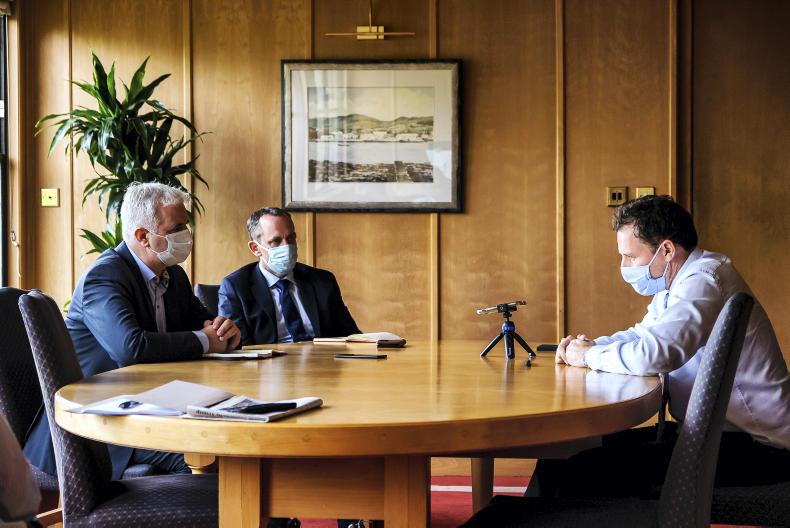

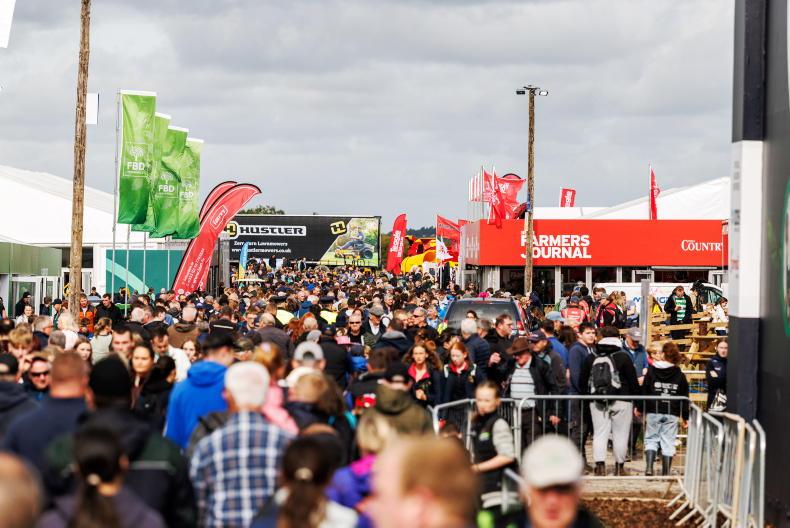
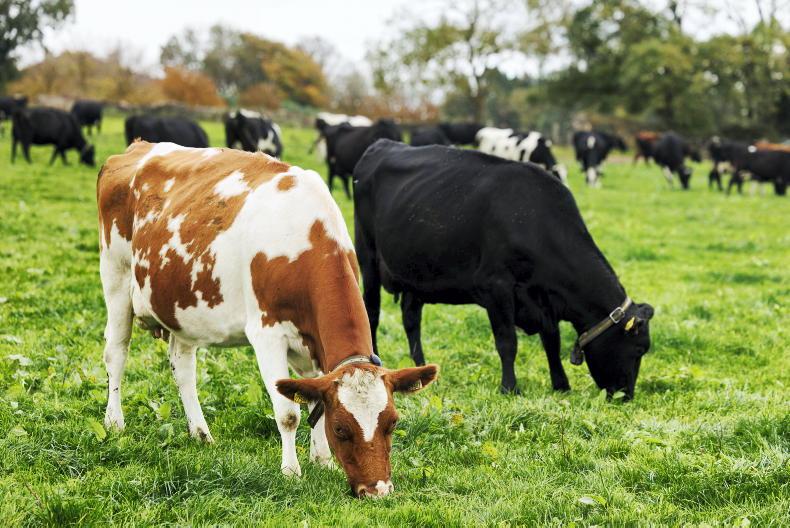
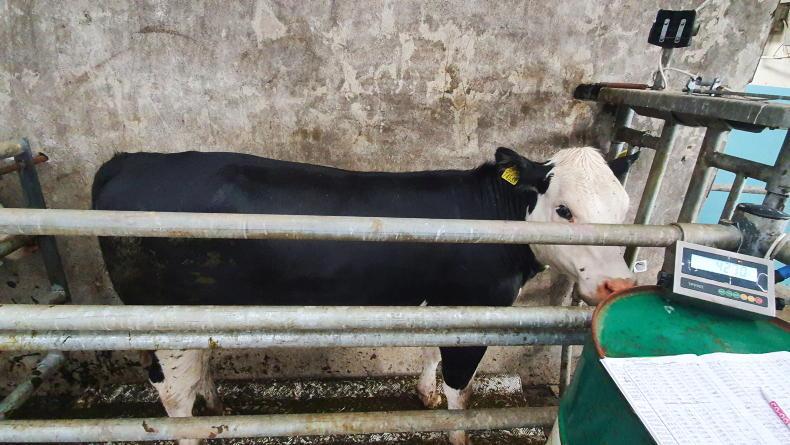
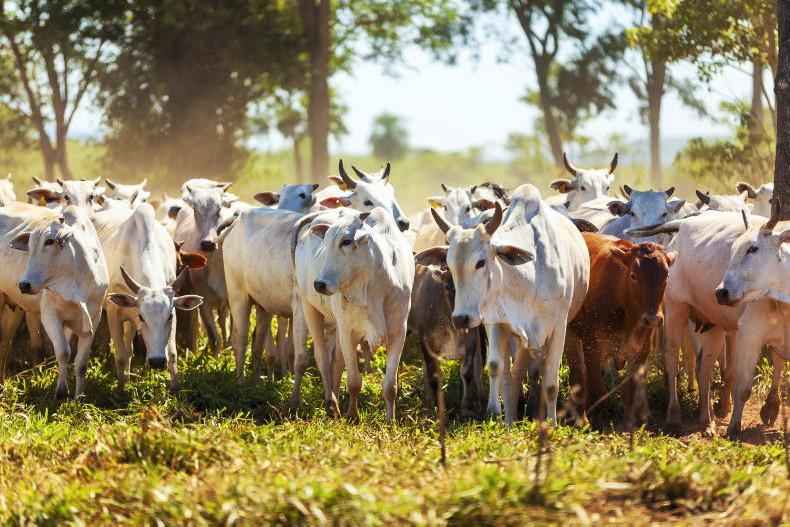
SHARING OPTIONS